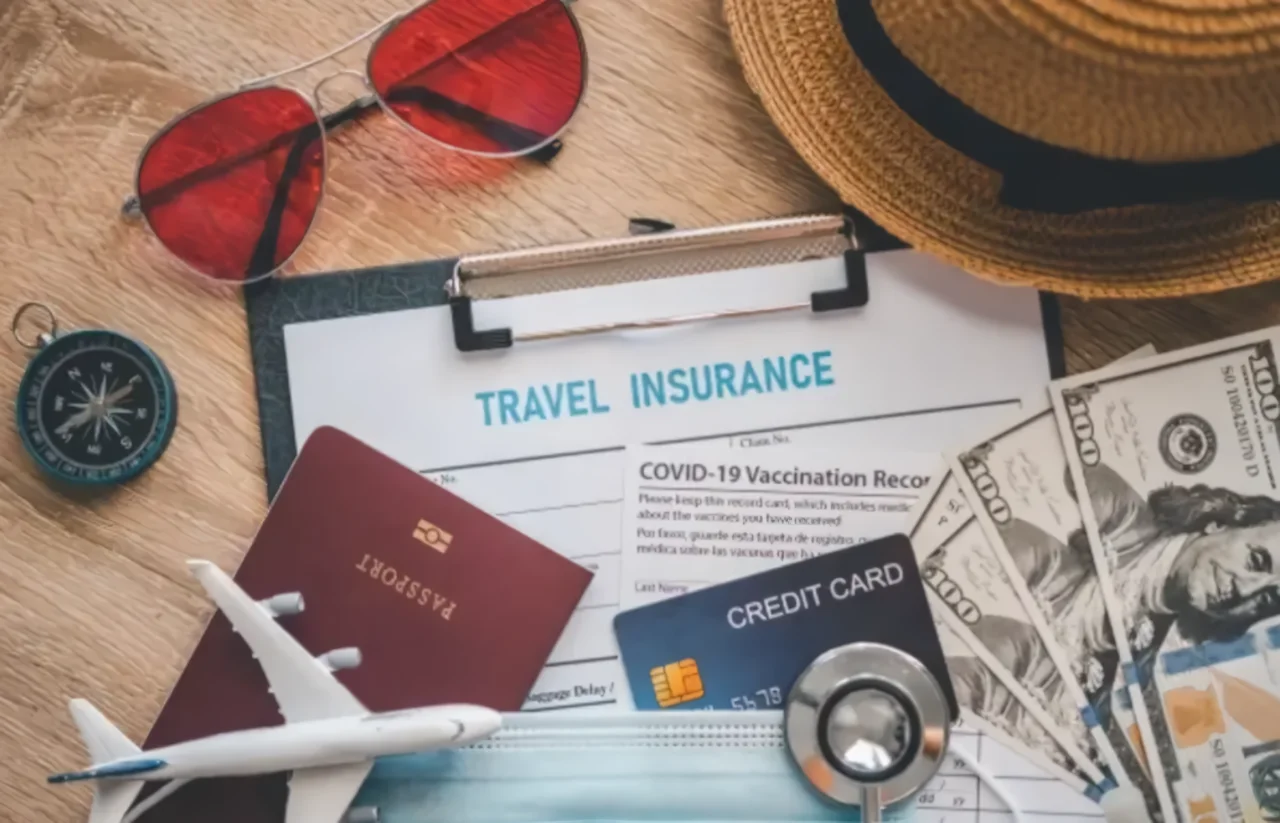novellainstitute.com – Traveling to new destinations is an exciting and enriching experience, but it’s also important to be prepared for the unexpected. One of the best ways to safeguard your trip, health, and belongings is by investing in travel insurance. Here are some helpful tips and hacks on how to choose and use travel insurance effectively.
Why You Need Travel Insurance
Travel insurance can cover a wide variety of situations, including trip cancellations, medical emergencies, lost luggage, and more. While many travelers think they can skip insurance, having it can save you from costly surprises that can quickly ruin your vacation or trip.
1. Choose the Right Type of Travel Insurance
There are several types of travel insurance, and selecting the right one for your needs is essential:
- Trip Cancellation Insurance: This covers the cost of your trip if you have to cancel due to unforeseen circumstances, such as illness or family emergencies.
- Medical Insurance: If you’re traveling abroad, your health insurance may not cover medical treatment in other countries. Travel medical insurance fills this gap, covering doctor visits, hospital stays, and emergency evacuations.
- Baggage Loss and Delay Insurance: Covers the cost of replacing lost luggage or provides compensation for necessary items if your luggage is delayed.
- Flight Delay Insurance: Reimburses you for meals, accommodations, and travel expenses incurred during a flight delay.
- Adventure Sports Coverage: If you’re participating in activities like skiing, scuba diving, or bungee jumping, ensure your policy covers these high-risk activities.
2. Compare Travel Insurance Plans
Don’t settle for the first travel insurance plan you find. Shop around and compare different providers to get the best value. Look for policies that provide comprehensive coverage at a reasonable cost. Websites like InsureMyTrip or SquareMouth can help you compare various options.
3. Understand What’s Covered (and What’s Not)
Always read the fine print before purchasing travel insurance. Policies may exclude certain events, such as pre-existing medical conditions or specific activities like extreme sports. Make sure you understand:
- Exclusions: These are the circumstances under which the insurance won’t cover you.
- Policy Limits: How much will be reimbursed if something happens? You might need higher coverage limits for expensive trips.
- Deductibles: Check how much you’ll need to pay out-of-pocket before your insurance kicks in.
4. Look for “Cancel for Any Reason” (CFAR) Coverage
For extra peace of mind, consider adding Cancel for Any Reason (CFAR) coverage to your policy. This allows you to cancel your trip for any reason (no need to provide a specific cause like illness) and still get reimbursed for your trip costs—usually up to 75%. While CFAR is typically an add-on and more expensive, it can be a lifesaver if your travel plans change suddenly.
5. Check if Your Credit Card Offers Travel Insurance
Many credit cards come with built-in travel insurance benefits, especially those geared toward frequent travelers. These benefits can include flight cancellation coverage, rental car insurance, and emergency medical coverage. However, be sure to check the terms and conditions, as coverage may be limited or require you to pay for the trip using your card.
6. Know When to Buy Travel Insurance
It’s always better to purchase travel insurance as soon as you book your trip. This ensures that you’re covered if you need to cancel your trip or need emergency assistance right away. Some policies offer a grace period where you can add coverage after booking but before traveling, so it’s best to check with the provider.
7. Use Travel Insurance to Protect Your Luggage
Lost luggage can cause a huge inconvenience, especially if it contains valuable items like electronics, clothing, or important documents. If your luggage is delayed for more than a certain period, travel insurance can help cover the cost of buying essential items. If your luggage is permanently lost, your policy can reimburse you for the contents (subject to the coverage limits and exclusions).
8. Don’t Forget to Document Everything
If you need to file a claim, documentation is essential. Here’s a quick checklist to help:
- Keep receipts: For all the items you buy in case of delayed luggage or other covered incidents.
- Take photos: If your luggage is damaged or if there are visible signs of an incident.
- File police reports: For stolen items or accidents that occurred during your trip.
- Get medical records: If you need medical attention, ask for copies of your medical bills or reports for your claim.
9. Know How to File a Claim
If something goes wrong and you need to file a claim, start the process immediately. Most insurance companies have 24/7 helplines that you can call from anywhere in the world. Follow their instructions carefully and be sure to keep all supporting documents handy.
10. Be Aware of Local Health Care Systems
Even if you have travel medical insurance, it’s helpful to research the healthcare system in the country you’re visiting. Know where the nearest hospital is or where you can find medical assistance. Some insurance providers offer a helpline to help you find suitable medical care if needed.
11. Consider Annual Travel Insurance for Frequent Travelers
If you travel multiple times a year, an annual travel insurance plan might be more cost-effective than purchasing individual policies for each trip. These plans often provide the same coverage as single-trip insurance but at a lower cost for frequent travelers.
12. Don’t Rely Solely on Travel Insurance for Adventure Sports
If you plan on engaging in adventure sports, always check whether your insurance covers them. Some policies exclude high-risk activities, while others may offer optional coverage for an additional fee. It’s important to know what’s covered, especially for activities like skiing, scuba diving, or skydiving.
Conclusion
Travel insurance is a crucial part of any travel plan. By understanding the different types of coverage available, comparing policies, and knowing when to buy insurance, you can protect yourself from unforeseen circumstances while traveling. Always read the policy carefully, document any incidents that occur, and don’t hesitate to contact your provider if something goes wrong. A small investment in travel insurance can provide peace of mind and save you from a costly and stressful experience. Safe travels!




